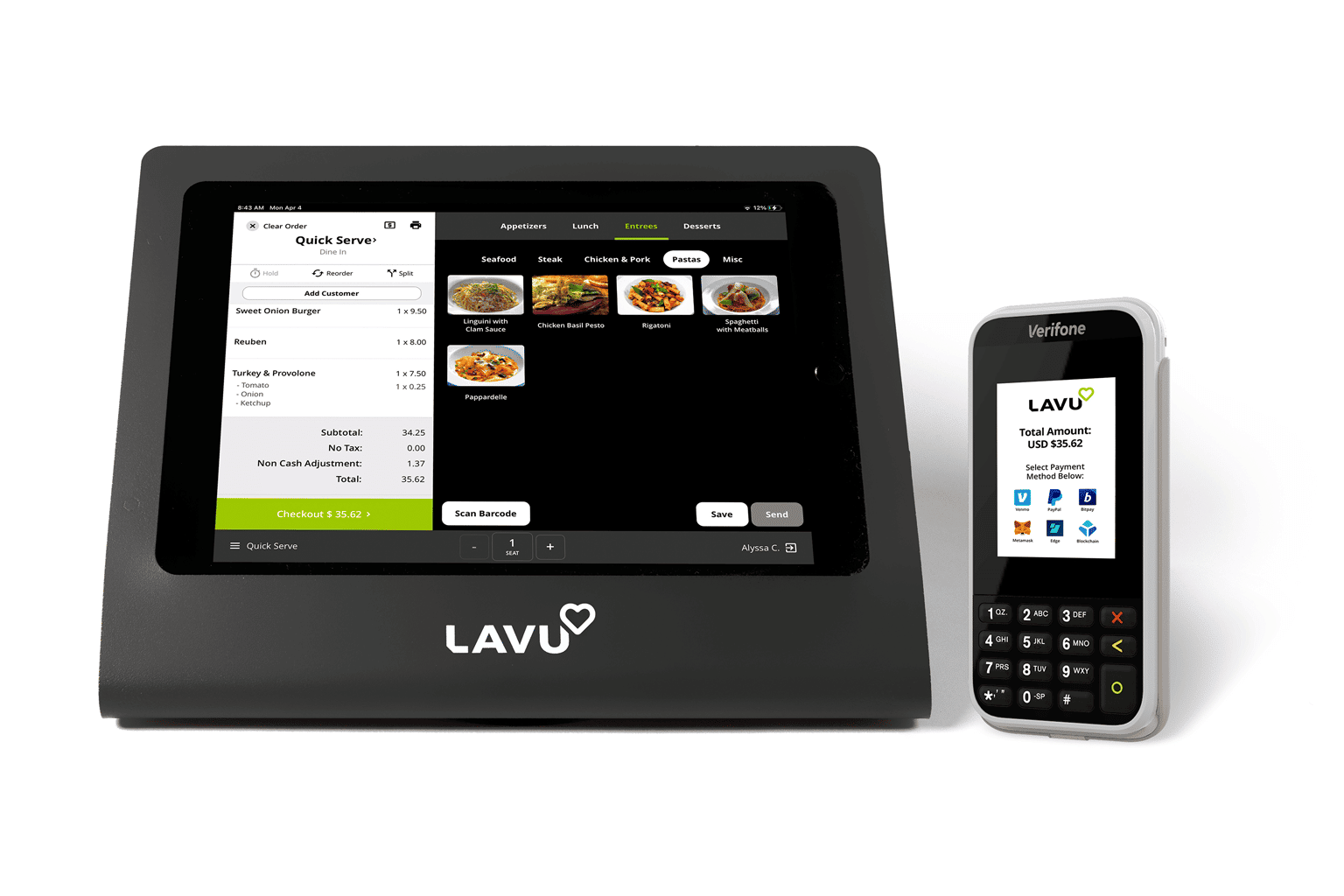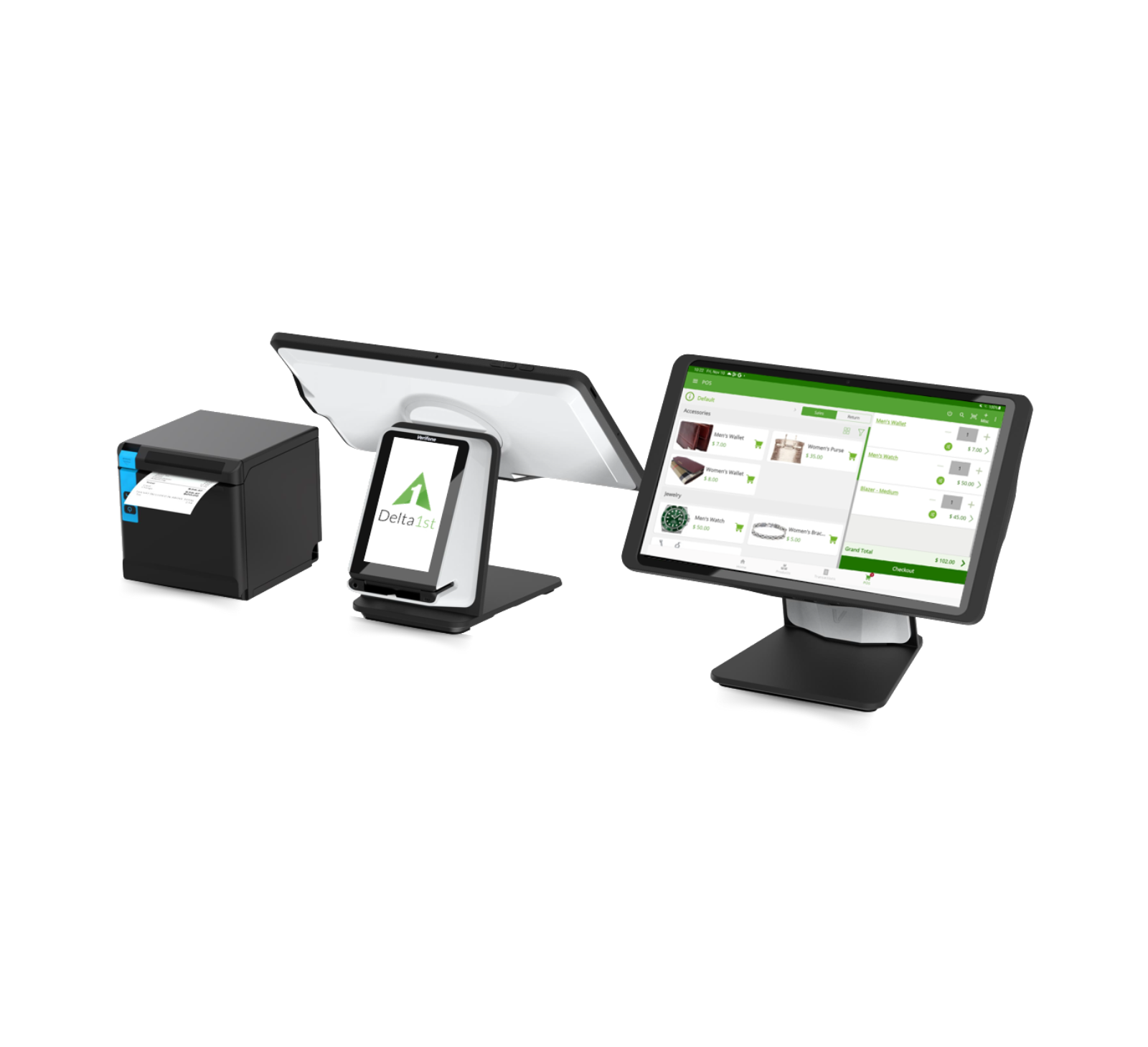How to integrate your Restaurant POS Software with third-party delivery platforms
Wiki Article
How POS System Functions: A Comprehensive Overview for Entrpreneurs

Understanding the Components of a POS System

Exactly How Sales Purchases Are Processed
When a customer makes a decision to make an acquisition, the sales transaction starts a series of systematic actions within the POS system. The cashier inputs the items being purchased, which are checked with a barcode viewers or by hand gotten in. This action gets product information, consisting of rates and suitable tax obligations, from the system's database.Next, the consumer exists with the total quantity due. The POS system then processes the repayment, whether via cash, charge card, or mobile repayment techniques (Restaurant POS Software). For digital settlements, the POS safely connects with settlement cpus to license and confirm the transaction.Once the payment is verified, the system generates a receipt, which can be printed or sent digitally. This receipt acts as receipt for the customer. The deal data is videotaped in the system, guaranteeing accurate sales documents and economic monitoring for the company.Inventory Monitoring and Monitoring

Effective inventory management and monitoring are important components of a POS system, as they ensure that services maintain perfect supply levels and decrease inconsistencies. A durable POS system permits real-time inventory updates, showing returns and sales instantaneously. This allows entrepreneur to keep an eye on stock degrees properly, guaranteeing that prominent things are easily offered while protecting against overstocking of much less preferred products.Additionally, advanced POS systems use features such as automatic supply notifies and reorder tips, enhancing the purchase procedure. Barcoding and RFID modern technology boost precision in tracking stock motion, decreasing human mistake. Substantial coverage tools provide understandings right into stock turnover prices, helping services make informed decisions regarding purchasing and item offerings. Ultimately, efficient supply management with a POS system not only boosts operational efficiency but also enhances customer fulfillment by ensuring item schedule.
Evaluating Client Information and Insights
Client data analysis functions as a powerful device for organizations making use of a POS system (Restaurant POS Software). By accumulating and checking out transaction data, services can reveal useful insights about client behavior and preferences. This evaluation enables them to identify buying trends, peak shopping times, and preferred items, thus educating supply choices and advertising strategies.Additionally, organizations can section their consumer base, enabling personalized advertising and marketing initiatives that accommodate certain demographics or acquiring habits. Understanding consumer commitment patterns likewise helps in creating targeted incentives and promos programs.The data gleaned from a POS system can also expose insights into client responses, enabling companies to make educated decisions relating to product offerings and solution improvements. Ultimately, leveraging consumer information effectively can enhance the total purchasing experience, foster consumer fulfillment, and drive revenue growth
Advantages of Carrying Out a POS System

Regularly Asked Inquiries
What Kinds Of Organizations Can Profit From a POS System?
Different organizations benefit from a POS system, including retailers, dining establishments, hair salons, and ecommerce platforms. These systems improve transactions, supply monitoring, and client information, boosting functional effectiveness and boosting customer experience across diverse sectors.article source
Just how much Does a POS System Commonly Price?
The cost of a POS system commonly ranges from a few hundred to a number of thousand bucks, depending upon functions, equipment, and software application. Businesses should think about continuous charges for maintenance, assistance, and transaction handling when budgeting.
Can I Incorporate a POS System With Existing Software Application?
Integrating a POS system with existing software application is typically viable. Numerous systems supply APIs or built-in compatibility features, permitting services to enhance procedures and improve performance by attaching different software program applications efficiently.
What Training Is Required for Personnel to Use a POS System?
Training for staff to utilize a POS system typically includes understanding software capabilities, refining deals, managing stock, and managing consumer communications. Practical presentations and hands-on session boost efficiency and confidence being used the system efficiently.What Occurs if the Net Goes Down While Using a POS System?
If the internet goes down throughout POS system usage, purchases might be disrupted. Many systems use offline capabilities, enabling standard operations to continue, however full performance, including real-time stock updates, will certainly be limited. A Point of Sale (POS) system is composed of several crucial components that work with each other to manage and assist in transactions organization operations. Efficient supply management and monitoring are vital components of a POS system, as they guarantee that organizations maintain excellent supply levels and find more decrease disparities. Consumer data analysis offers as a powerful device for organizations he has a good point using a POS system. Understanding customer loyalty patterns likewise assists in establishing targeted promos and benefits programs.The data obtained from a POS system can additionally expose understandings into client responses, making it possible for businesses to make informed decisions relating to item offerings and solution improvements. Executing a POS system supplies numerous advantages that can substantially boost business operations.Report this wiki page